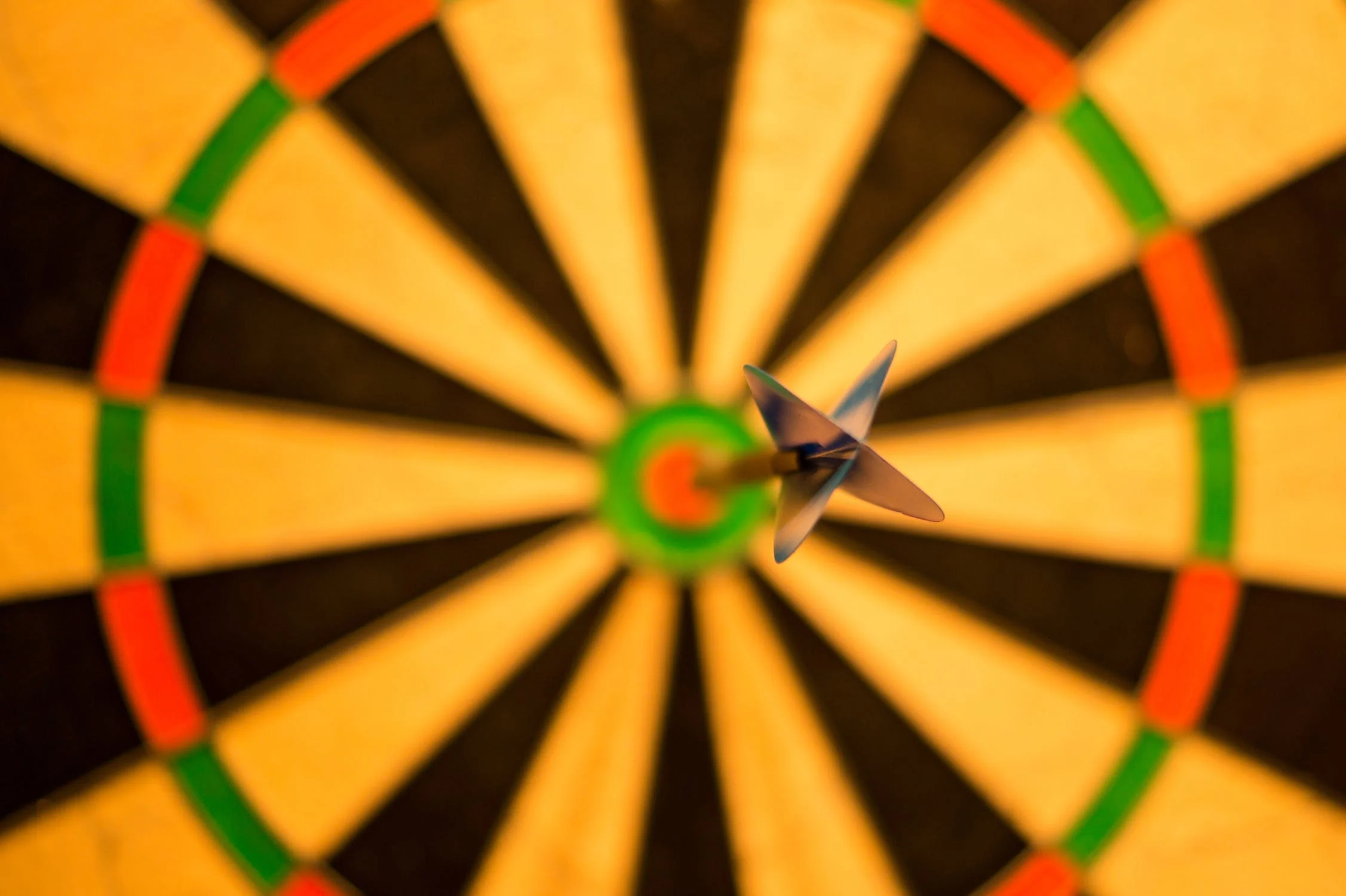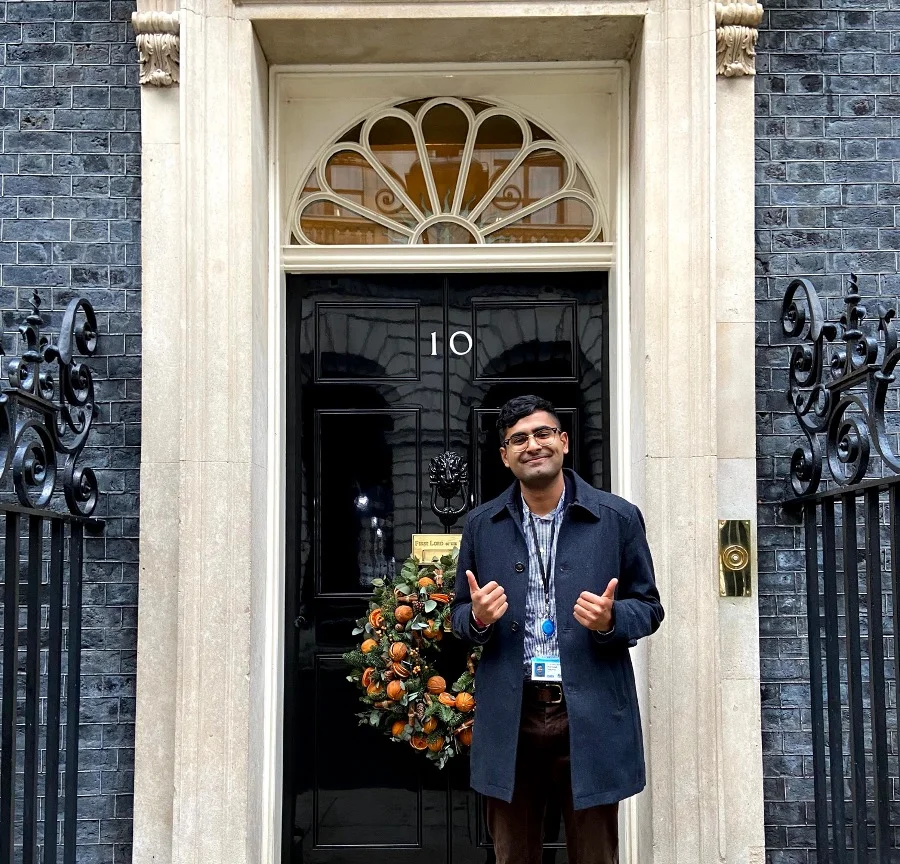Introduction
We began the 2nd day of training reflecting on the GROW model. It takes time to reach a goal. One coaching session will not solve all your problems. It can take six weeks to change a habit and six weeks to embed it. For this reason, setting a meeting with a coachee every two weeks is good. It can help with motivation as you can lose focus after 10 days!
Setting a contract
Before you begin with a coachee, it’s good practice to create a mentoring contract. This sets out the expectation between coach and coachee. A contract can cover:
- how many times you expect to meet
- cancellation notices
- fee
- confidentiality
A contract is a commitment and should be taken seriously.
Setting a North Star ⭐️
Before you begin a coaching session, check in with your coachee to make sure they are comfortable. I know a cup of tea is essential for me! It’s ok to spend time to get to know your coachee. Developing a close relationship will help the coachee open up.
In your first coaching session, it should be focused on setting goals. A good question to start off with is “what would you like to get out of this?”.
 Photo by Skitterphoto from Pexels: https://www.pexels.com/photo/black-dart-pink-attach-on-yellow-green-and-red-dart-board-15812/
Photo by Skitterphoto from Pexels: https://www.pexels.com/photo/black-dart-pink-attach-on-yellow-green-and-red-dart-board-15812/
Mind map
Ask your coachee to draw a mind map with their name in the centre. Ask “where do you spend your energy?”. Linking this to the goal gets them to expand there thinking around the goal. Asking “what else?”, can get the coachee to think outside the box.
Thinking about the previous session, you can ask for permission to guide the coachee if they are struggling. For example saying “may I make a suggestion?”.
Prioritise
It can be a lot to cover in one session. Asking the coachee to prioritise means you focus on the most important things. Going through the mind map together and asking them what they’d like to focus on in coaching is a good way to do this. Afterwards ask the coachee to select three areas they’d like to focus on.
Remember to reflect back, for example saying “out of those, these are your top three” or “put those in order”, “replay it back to me”.
Importantly, keep referencing the original goal e.g. “how does that relate to your original goal?” or “at the start you said this…”.
Narrowing down
If you have time, you may want to focus on the three goals prioritised. Initially, I’d recommend focusing on one.
Questions to ask, adapated from MOE:
- what would you like to achieve?
- what would you like to focus on in this session?
- what’s a key milestone for you in the next 3-6 months?
- how important is this to you?
- how important is this out of 10?
- what would you like it to be in terms of your original goal?
- how will you measure that?
- what will happen if you don’t achieve it?
- let’s imagine you’ve done this, what’s different? What benefits do you see?
- what do you really want?
- how do you feel?
- can you recap or sum it up?
- can you say that in a sentence?
- can you say that in a few words?
- can you try and say that in a word?
Confirmation can help to sum up the end of the discussion e.g. when you say “let’s go with that!”
X-factor
Trying to get the coachee to summarise things into a few words is tough! One thing I observed was that, by doing this it becomes far more memorable. You can do this by asking “what would that mean?”.
In coaching land, the ‘reticular activating system’ refers to when it is easier to remember a word as it enables the coachee to filter what is relevant.
EXACT goal
Ultimately you want the coachee to create an EXACT goal.
- Explicit
- Xciting
- Assessable
- Challenging
- Timeframe
A difference between this and a SMART goal is that SMART goals are achievable. EXACT goals challenger the coachee.
Reflections on practicing:
- the mind map exericse helps with reflecting back to the coachee.
- remembering the questions to ask after you get the coachee to focus on one goal is tough!
- I liked asking the coachee “how will you measure that?”. Perhaps it’s the Product Manager in me but I think it’s important to know how you are making progress to a goal. I found myself fixating on this with my coachee and by asking “what else?”, it got them to expand their thinking.
- I observed one coach ask a coachee to focus on two goals. What was nice about that was that they were able to make connections between the two.

